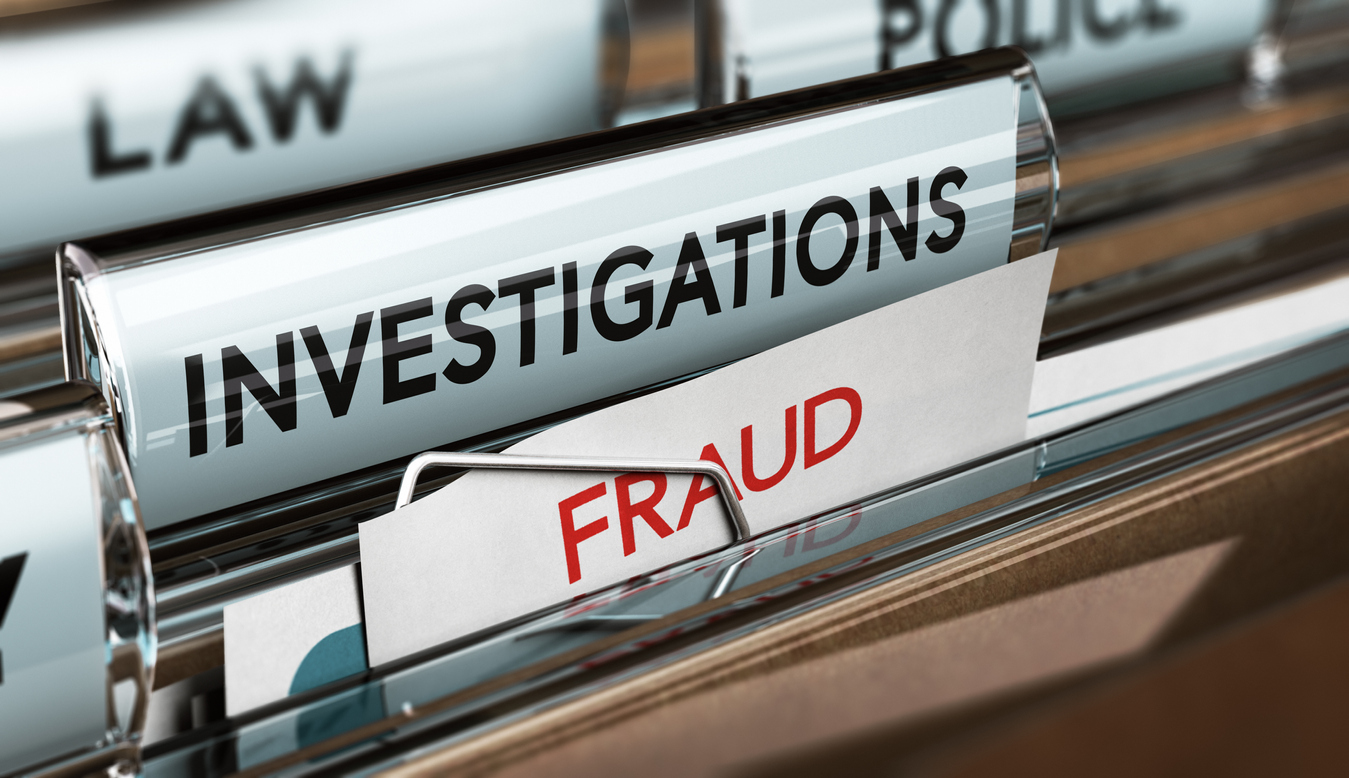Insurance Professor Jay Feinman Comments About Insurance Fraud Statistics

This weekend’s post, Is the Insurance Industry’s Fraud Statistic Fraudulent? resulted in several great comments. One was from Rutger’s insurance law professor, Jay Feinman, who wrote the book, Delay Deny Defend–Why Insurance Companies Don’t Pay Claims and What You Can Do About It. His book should be in everybody’s personal library.
Feinman’s comment noted:
Good post. The industry sources behind the study decided not to do real empirical research and predictably came to familiar conclusions. A major issue in calculating insurance fraud is how the amount is calculated. A leading article focusing on fraud in the UK raises a major problem even if the reported numbers have some empirical basis: If a $100,000 claim is padded by 5%, does the industry report this as a $100,000 fraud or–correctly–as a $5,000 fraud. My bet is the former. See James Davey, A Smart(er) Approach to Insurance Fraud, here: https://cilj.law.uconn.edu/.
I encourage those to read Davey’s article, which was linked by Feinman.
Jay Feinman also wrote a paper about insurance fraud that is worthy of study, Insurance Fraud, Agency, and Opportunism: False Swearing in Insurance Claims. There was one part of his discussion that made me think of Doug Quinn and American Policyholders Association, whose mission is to undercover insurance fraud against policyholders:
[T]he insurer as well as the insured possesses agency and has incentives to act opportunistically. When a loss occurs, the insured usually lacks effective means of monitoring the company’s performance in handling the claim, and policy terms and the surrounding law that measure the company’s performance are vague and difficult to enforce. Moreover, it is in the company’s interest to not pay a claim or to pay as little as possible. The company that denies payment of a claim in whole or part increases its profits. The company that only delays payment of a claim increases its investment income and thereby increases its profits. Market competition, reputational effects, and administrative regulation fail to provide effective checks on opportunistic behavior.
The false swearing doctrine aims to respond to opportunism by the insured. One might consider the problem of opportunism by the insurer to be entirely separate so that it is irrelevant to the false swearing doctrine and should be addressed through entirely separate doctrines and remedies. But in fact the two problems are linked. One potential form of insurer opportunism is the assertion of fraud by the insured as a reason for not paying a claim. The doctrine that enforces and evaluates that reason becomes a tool for opportunism, and the severe consequences of a finding of false swearing raises the stakes considerably. Therefore, with respect to false swearing in the claim process, agency and opportunism are present on both sides.
Each of the rationales for the false swearing doctrine relates to insurer opportunism as well. Opportunism by insurers constitutes an egregious form of breach of the insurance contract, not only its express terms requiring payment of what is owed but also the obligation of good faith. Insurer opportunism imposes inefficient monitoring costs on insureds, costs many insureds cannot bear at all. It violates moral and legal strictures. And insurer fraud imposes costs on members of the pool whose claims are not paid, just as the prevention of that kind of fraud benefits the entire pool by ensuring that the claim process works better for all claimants.
I wonder if the insurance industry calculated the amount of fraud it committed against its own policyholders when made up its new statistical number? If not, Barry Zalma may be correct—the amount of fraud claimed by the insurance industry may be far too low.
Thought For The Day
One of the things that I noticed in my private law practice was the fact that so many people had gotten ripped off and would come into my office, whether it was a scam, whether it was predatory business taking advantage of them. So when I went to the General Assembly I started working on laws that helped to protect the consumer.
—Roy Cooper







